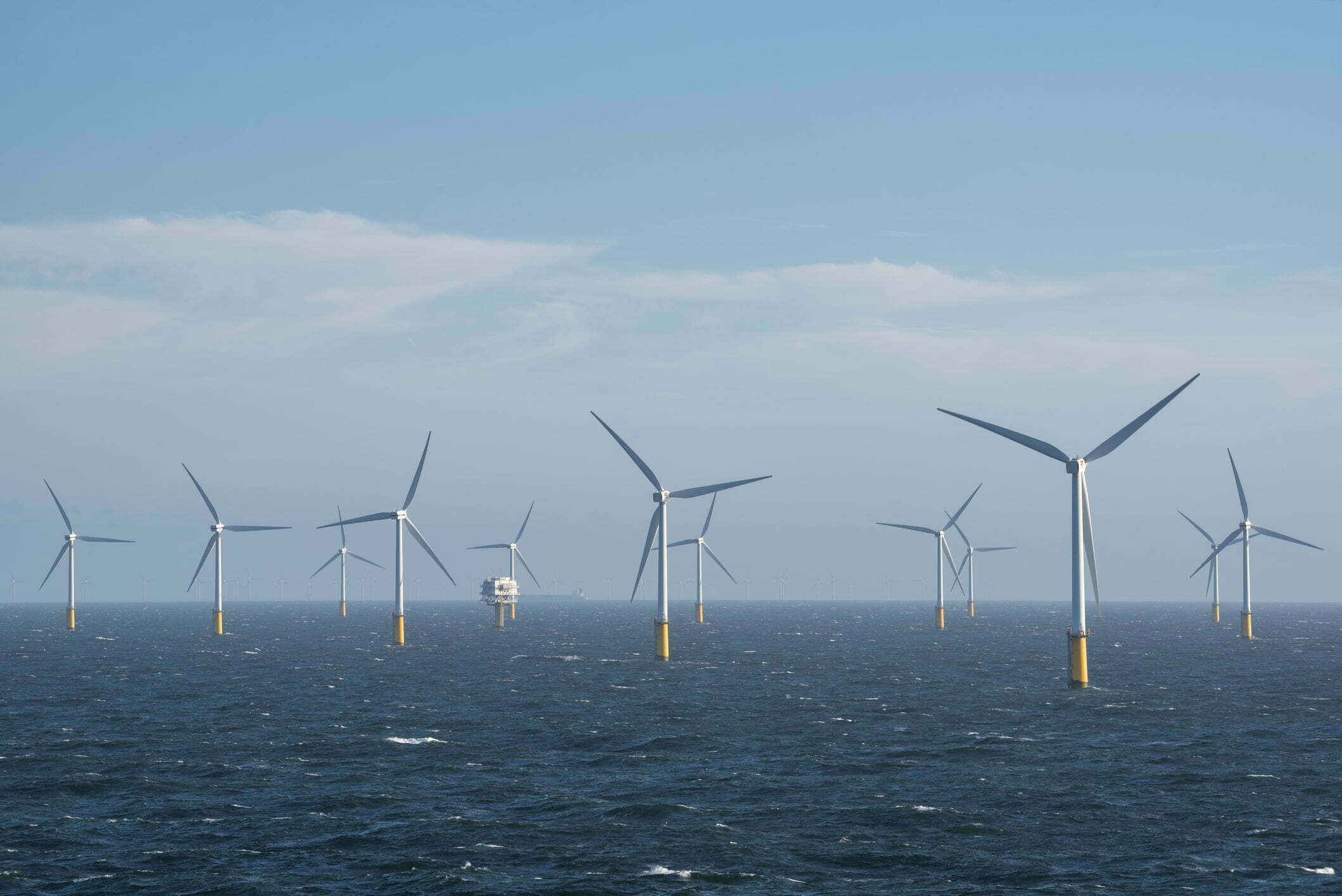The role of Energy Storage Systems in powering an electrification nation
Energy Storage Systems (ESS) are, in effect, reservoirs for storing electricity until it is needed. Although the ESS industry is still developing, the technology within them has traditionally relied on batteries, whose high cost has been one of the major barriers to the widespread adoption of ESS.
Overview of Energy Storage Systems
One reason for this is the limited availability of materials needed to produce batteries. Many of the materials used to produce batteries, such as cobalt and lithium, are in limited supply and are difficult to extract. To overcome these challenges, the ESS industry is starting to develop and innovate using alternatives to batteries and some exciting new solutions are coming on stream.
A vibrant ESS market is timely for the UK. Both in terms of how it can support EV adoption via stabilising the amount and cost of available electricity for EV charging and in the much wider sense of overcoming the biggest hurdles we face to achieving Net Zero.
Arguably the biggest, is our inability to harness the energy we generate from renewables, in particular wind energy. Put simply, when it’s very windy, windfarms have to switch off as there’s nowhere for the excess electricity they generate to go. Our antiquated grid simply can’t take the power surge. What’s more, excess electricity generated prior to the switch off, has to be removed from the grid.
Curtailing growth
This process is known as curtailment. It’s expensive too. Wind farm owners have to be compensated for shutting down while traditional fossil fuel fired power stations have to be fired back up to make up any shortfall caused by the total wind power switch off. Last year curtailment cost over £900 million pounds. On Christmas Day alone, we curtailed enough electricity to power 11,000 households for a year*. Given consumers have to bear the cost, this makes uncomfortable reading as many struggle to cope with the highest energy price hikes on record.
The cost isn’t just financial either. 2022 curtailment created an additional 1.5million tonnes of CO2. So, it’s clear something needs to be done and quickly too. A scaled-up ESS infrastructure can harness energy which would otherwise be curtailed and store it until needed.
The Opportunity to Scale ESS
So, If the UK can successfully scale ESS, this would not only have a positive impact on energy prices but also provide abundant affordable power needed to charge the rising number of EVs on the road. But for now, we are looking to a variety of innovative and new charging solutions, including batteries which are becoming less expensive.
Lithium-sulphur batteries
For instance, an interesting development in EV battery technology is the use of lithium-sulphur batteries. These batteries have a higher energy density than traditional lithium-ion batteries, which means that EVs can travel further on a single charge. Additionally, lithium-sulphur batteries are cheaper to produce, which enables manufacturers to make EVs more affordable for consumers.
Leading the pack
When it comes to who has the best technology, there are lots of growing and innovative ESS businesses in the UK. But no clear market leader, so there is a real opportunity to lead the pack and recoup the commercial success this will deliver.
But to lead the pack requires scale. Both to grow enough to meet demand but also to scale to the extent that costs can be driven down through economies. And scaling first of kind complex tech products isn’t for the faint hearted. Although, through our unique Solve Scale Supply service offer we’ve partnered businesses of all sizes across a range of sectors to do exactly that.
Solve Scale Supply – making what you need now
Solve offers our extensive technical experience of resolving design for manufacture in first of kind products to make your tech more efficient, while scale and supply support your product’s manufacturing needs as your market demand requires.
Solve Scale Supply has seen us become the commercialisation partner of choice for businesses of all sizes across numerous sectors, including Ocado, whose global tech rollout has them transition from a UK online grocer to a £9B global tech giant.
We’re also working with US-based FreeWire Technologies to support them with delivery into their major UK customer BP Pulse. Learnings from their lithium-ion battery-based solution has brought into sharp focus how important ESS tech will soon become in the wider EV picture as well as the infrastructural one.
As the ESS industry develops and innovative alternatives start to emerge, Tharsus will be working every step of the way to support our partners in the energy storage industry to bring new and innovative technologies to the market at scale. As supply increases and new ESS solutions are rolled out, we can expect to see more and more benefits to UK consumers and, ultimately, a more sustainable energy industry.
Also by choosing to work with a UK-based manufacturing partner, such as Tharsus, the green credentials of a product are increased. It’s vastly more sustainable to deploy solutions in the UK when the products are also created and manufactured here.
*Source: UK Wind Curtailment Monitor
